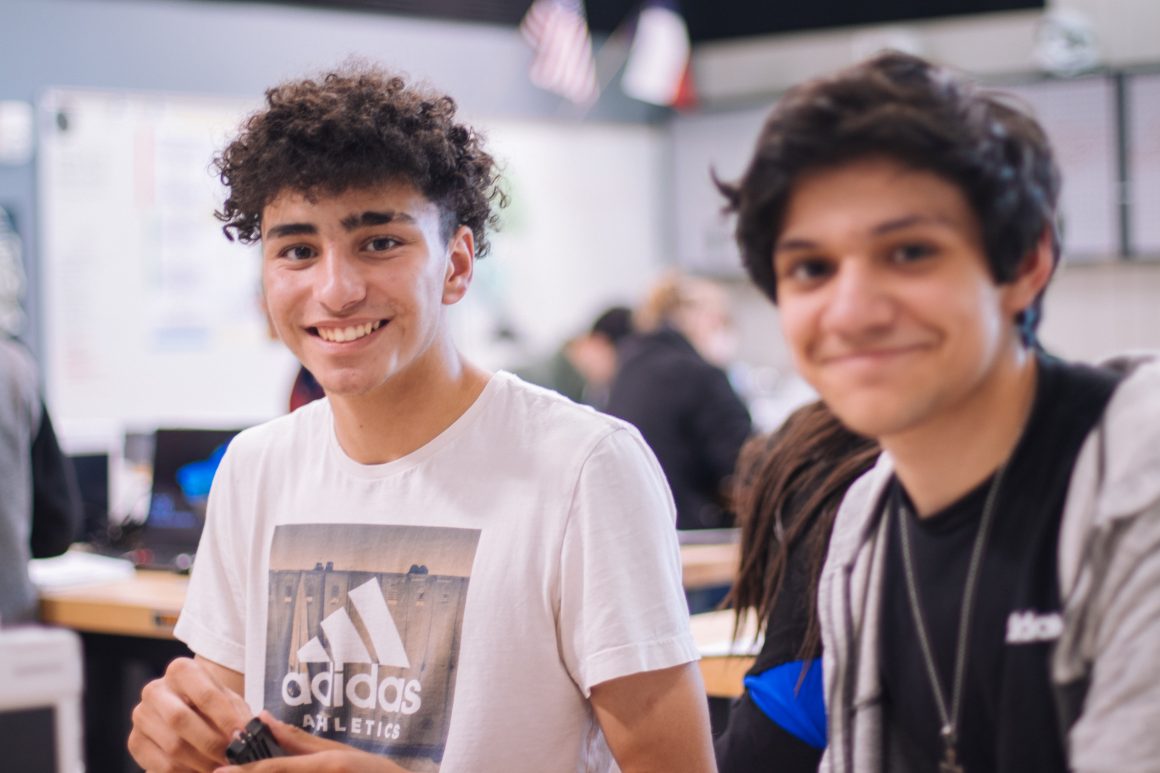In 2014, the UN general assembly declared that July 15th would henceforth be celebrated as World Youth Skill Day, a day on which the importance of providing skills and training to young people would be at the centre of international discourse. In addition to laying on events for young people and world leaders alike, World Youth Skills Day provides ‘a unique opportunity for dialogue between young people, technical and vocational education and training (TVET) institutions, firms, employers’ and workers’ organizations, policy makers and development partners’.
Education and the empowerment of young people are central to the UN’s targets for a more equal and prosperous future. The 2030 agenda, marking out the targets of this new ‘Decade of Action’, holds education amongst its most important aims, along with tackling poverty, addressing the climate emergency, and empowering women and girls across the world. Indeed, UN Sustainable Development Goal 4 (Quality Education) states clearly, among other things, the following targets:
- By 2030, substantially increase the number of youth and adults who have relevant skills, including technical and vocational skills, for employment, decent jobs and entrepreneurship.
- By 2030, ensure that all learners acquire the knowledge and skills needed to promote sustainable development, including, among others, through education for sustainable development and sustainable lifestyles, human rights, gender equality, promotion of a culture of peace and non-violence, global citizenship and appreciation of cultural diversity and of culture’s contribution to sustainable development.
The value of youth empowerment and the broadening of training available to all is clearly well understood in the halls of international power. However, days like World Youth Skills Day are still very much required if the many and varied lofty goals of the UN are to be met.
A UNESCO estimation states that in approximately half of the world’s nations, schools were fully or partially closed for more than 30 weeks between March 2020 and May 2021. In June, just a few weeks ago, 19 nations still had full school closures, affecting nearly 157 million students, with 768 million further learners being affected by persisting partial closures. Even for young people outside of education, the pandemic has caused no end of issues. According to the International Labour Organization (ILO), youth employment fell by 8.7% in 2020, compared with just 3.7% for adults.
Yet, despite this, learning has, in many places, continued better than it might otherwise have done, with schools and students alike rapidly acclimatising to digital and remote learning. A survey for TVET institutions conducted by UNESCO, the ILO, and the World Bank found that distance and remote training has become the most common method of delivering teaching, despite a number of associated difficulties. From homework to exams, this last year of learning and teaching has been, almost without exception, a test of resilience and commitment for all involved. A test which, though not over, millions have met with nothing less than absolute dedication and resolve.
As in 2020, World Youth Skills Day takes place this year under the persistent spectre of COVID-19. However, that is by no means to say that it will not be appropriately marked. Co-organised by the Permanent Missions of Portugal and Sri Lanka to the United Nations, together with UNESCO, ILO and the Office of the Secretary-General’s Envoy on Youth, this year’s theme will centre around a celebration of the resilience and creativity of youth throughout the crisis that has enveloped the world over the last 18 months.
Central to the aims of World Youth Skills Day 2021 will also be to look to the future, as well as celebrate recent successes. Participants will be called upon to ‘assess the situation of young people regarding skills and work during and after the COVID-19 pandemic’, ‘debate on prospects for skills development and the world of work as economies recover’, and ‘reflect on how TVET stakeholders can collaborate to scale up skills development and help reconcile the short-term need for economic recovery’.
A global, virtual event, hosted by the various organisers of World Youth Skills Day, will take place at 5pm Brussels time on the 15th July 2021. The event, entitled ‘World Youth Skills Day 2021: Reimagining Youth Skills Post-Pandemic’ is open to all and will seek to discuss the skills required today, those required in the future, and how TVET stakeholders can be assisted in scaling up youth skills development.
The world has changed, and nowhere is this more apparent than in the worlds of education and work. Even beyond this World Youth Skills Day, the spotlight will have to shine brightly upon efforts to recover and adapt these areas of society in the wake of the pandemic. To this end, FOGGS is doing its part to support the sustainable development goals, number 4 in particular, through its work on COVIDEA, together with the Platform for Transformative Technologies and with the support of the International Science Council. In line with the ethos of World Youth Skills Day, COVIDEA’s overall aim is to propel education systems into the future, thus ensuring the resilience and well-being of learners and societies around the world.
The future belongs to young people, so let’s make sure we equip them for the challenges ahead. It is the duty of older generations to prepare those that will come after them, and events such as World Youth Skills Day are an important part of that process.



